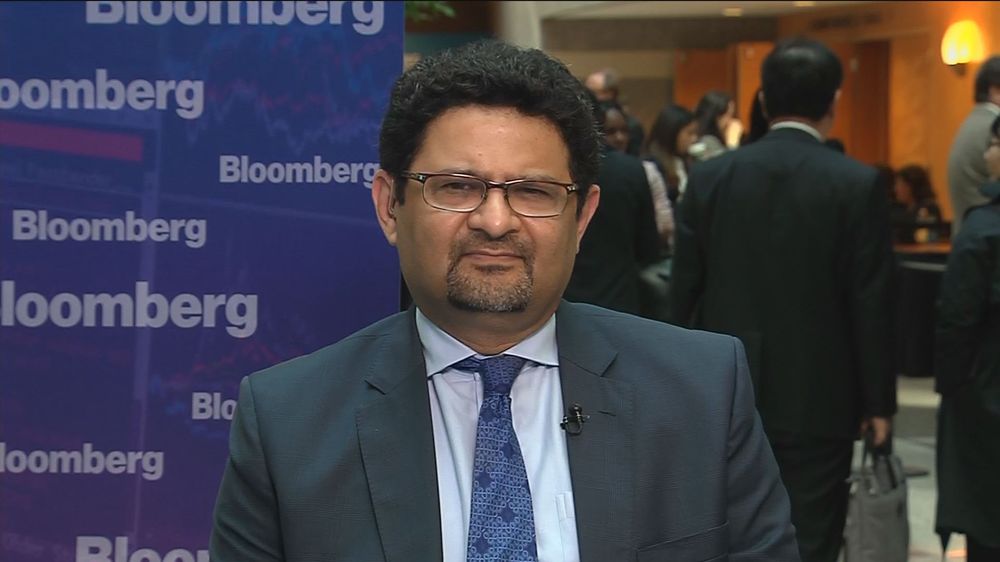Italy Doubles Down on Fiscal Discipline: Minister Giorgetti Assures Stable Economic Path

Rome, Italy – Italy remains firmly committed to a path of fiscal prudence, according to Finance Minister Giancarlo Giorgetti. In a recent statement, Giorgetti emphasized that the country's disciplined financial approach has been instrumental in reducing borrowing costs and fostering economic stability, a strategy he assures will continue.
This declaration comes at a crucial time as Italy navigates a complex global economic landscape. Concerns regarding sovereign debt and inflation have been prevalent in Europe, and Italy, with its historically high debt-to-GDP ratio, has been under particular scrutiny. Giorgetti's words aim to reassure investors and international markets that Italy is not abandoning its commitment to responsible fiscal management.
The Fruits of Prudence: Reduced Borrowing Costs
The Finance Minister highlighted the tangible benefits of Italy's fiscal policies over the past year. “We have seen a significant decrease in our borrowing costs,” Giorgetti stated. “This is a direct result of our dedication to maintaining a stable and predictable fiscal framework.” Lower borrowing costs translate to lower interest payments on Italy's national debt, freeing up resources for essential public services and investments in infrastructure.
Balancing Act: Growth and Stability
However, Giorgetti also acknowledged the need to balance fiscal discipline with the imperative of supporting economic growth. Italy’s economy has been facing headwinds, including rising energy prices and the lingering effects of the pandemic. The government is actively seeking ways to stimulate investment and job creation while maintaining a sustainable fiscal position.
“Our goal is not simply to cut spending, but to spend wisely and efficiently,” Giorgetti explained. “We are focused on targeted interventions that will maximize impact and contribute to long-term growth.” This includes prioritizing investments in areas such as renewable energy, digital infrastructure, and education.
EU Scrutiny and Reform Agenda
Italy’s fiscal policies are also subject to ongoing scrutiny from the European Union. The EU's Stability and Growth Pact sets guidelines for member states' budgetary performance, and Italy is working to ensure compliance. The government is implementing structural reforms aimed at improving the efficiency of public administration and boosting productivity.
The reforms are designed to enhance Italy’s long-term competitiveness and reduce its reliance on debt financing. Giorgetti underscored the importance of these reforms in securing Italy’s economic future and maintaining investor confidence. He anticipates further discussions with the EU on Italy's budgetary plans and reform agenda.
Looking Ahead: A Steady Hand on the Wheel
Giancarlo Giorgetti's commitment to fiscal prudence provides a sense of stability and predictability in a volatile global economy. By continuing to prioritize responsible financial management, Italy aims to solidify its economic position and attract long-term investment. The government’s focus on balancing fiscal discipline with growth-enhancing measures suggests a pragmatic and sustainable approach to navigating the challenges ahead. The markets will be watching closely to see if Italy can maintain its course and deliver on its promises.






